African health ministers endorse PEN-PLUS to treat noncommunicable diseases
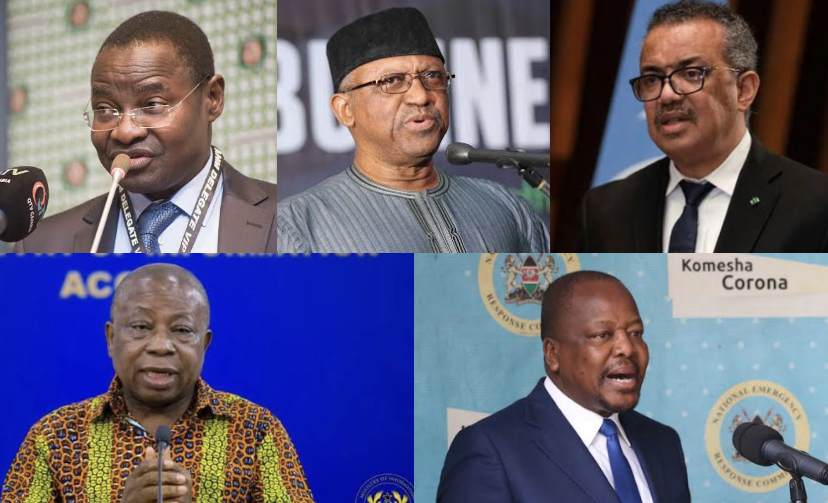
African health ministers have endorsed a new strategy to boost access to the diagnosis, treatment and care of severe noncommunicable diseases.
The health ministers, gathering for the 72nd session of the UN World Health Organisation (WHO) Regional Committee for Africa in Lomé, Togo, on Tuesday, adopted the strategy known as PEN-PLUS.
The plan will be implemented as a regional strategy to address severe noncommunicable diseases at first-level referral health facilities. The strategy supports building the capacity of district hospitals and other first-level referral facilities to diagnose and manage severe noncommunicable diseases.
Severe noncommunicable diseases are chronic conditions that lead to high levels of disability and death among children, adolescents and young adults. In the worst cases, patients live no longer than a year after diagnosis.
In Africa, the most prevalent severe noncommunicable diseases include sickle cell disease, type 1 and insulin-dependent type 2 diabetes, rheumatic heart disease, cardiomyopathy, severe hypertension and moderate to severe and persistent asthma.
“Africa is grappling with an increasingly hefty burden of chronic diseases whose severe forms are costing precious lives that could be saved with early diagnosis and care,” Matshidiso Moeti, WHO regional director for Africa, said in a statement.
She added that the strategy adopted was pivotal in placing effective care within reach of patients and “marks a major step in improving the health and wellbeing of millions of people in the region.”
According to her, in most parts of Africa, severe noncommunicable diseases are treated at health facilities in large cities.
“This exacerbates health inequities, as it puts care beyond the reach of most rural, peri-urban and lower-income patients. Moreover, these urban facilities often lack the capacity and resources to effectively manage severe noncommunicable diseases,” Ms Moeti explained. “The new strategy urges countries to institute standardised programmes to tackle chronic and severe noncommunicable diseases by ensuring that essential medicines, technologies and diagnostics are available and accessible at district hospitals.”
According to a 2019 WHO survey, only 36 per cent of countries in the African region reported having essential medicines for noncommunicable diseases in public hospitals. The survey urged governments to ensure that people seeking care in private hospitals could access services for severe noncommunicable diseases.
Additionally, the strategy recommends that countries bolster the protocols for prevention, care and treatment of chronic noncommunicable diseases through the training and strengthening health workers’ skills and knowledge.
Noncommunicable diseases account for most out-of-pocket spending by patients in Africa and, due to their chronic nature, often lead to catastrophic health expenditures. By offering noncommunicable disease care as a package of services available at primary and district health facilities, patients will find their expenses decrease as they spend less money on transportation, lodging in cities and less time commuting to the health facilities.
The PEN-PLUS strategy builds on existing WHO initiatives for integrated detection, diagnosis, treatment, and care of noncommunicable diseases in primary health care facilities.
It has shown promising results in Liberia, Malawi, and Rwanda, with a significant increase in the number of patients accessing treatment for severe noncommunicable diseases and a concomitant improvement in outcomes for these patients.
(NAN)
We have recently deactivated our website's comment provider in favour of other channels of distribution and commentary. We encourage you to join the conversation on our stories via our Facebook, Twitter and other social media pages.
More from Peoples Gazette

Politics
Katsina youths pledge to deliver over 2 million votes to Atiku
“Katsina State is Atiku’s political base because it is his second home.”
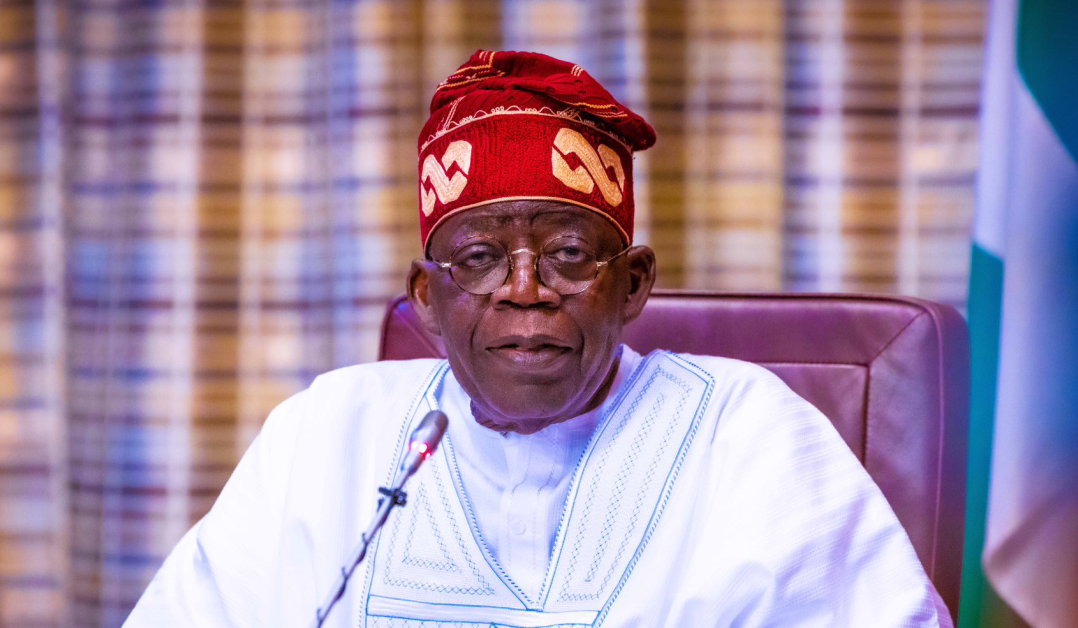
Economy
Nigeria’s investment climate boosted by critical reforms, says Tinubu
“Our doors are open for economic opportunities and trade.’’

NationWide
Customs federal unit zone A seized contraband items worth N35.91billion in 31 months: Controller
Mr Ejibuni said 22 people were convicted of different offences in 31 months.

States
NSCDC nabs two suspected electricity cable vandals in Katsina
Mr Buhari said one of the suspects, Sani, belonged to a team of a notorious syndicate.
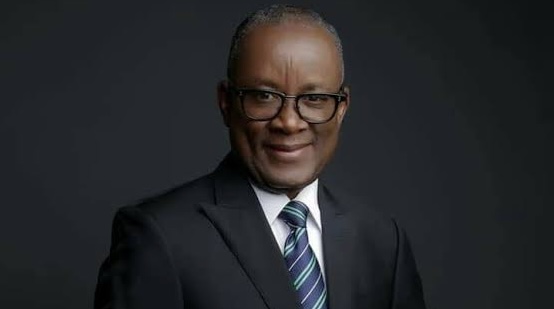
Sport
Ministry signs N35 billion MoU with firm for sports development
Mr Enoh said that the partnership would help to inject funding into sports development from the private sector.
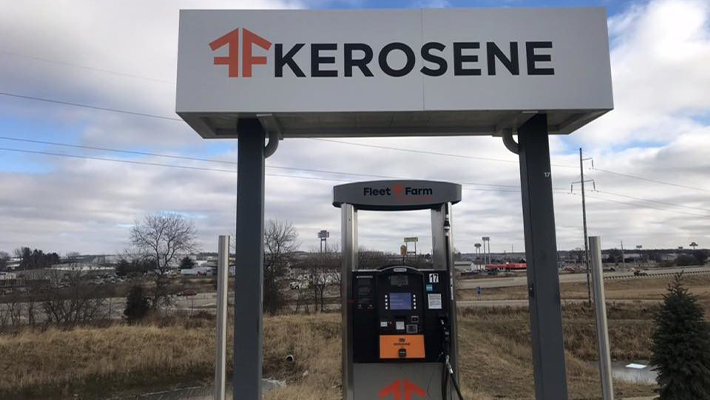
Economy
Kerosene price stood at N1,354.40 in March: NBS
It said the South-South recorded the lowest average retail price per litre of kerosene at N1,273.07.
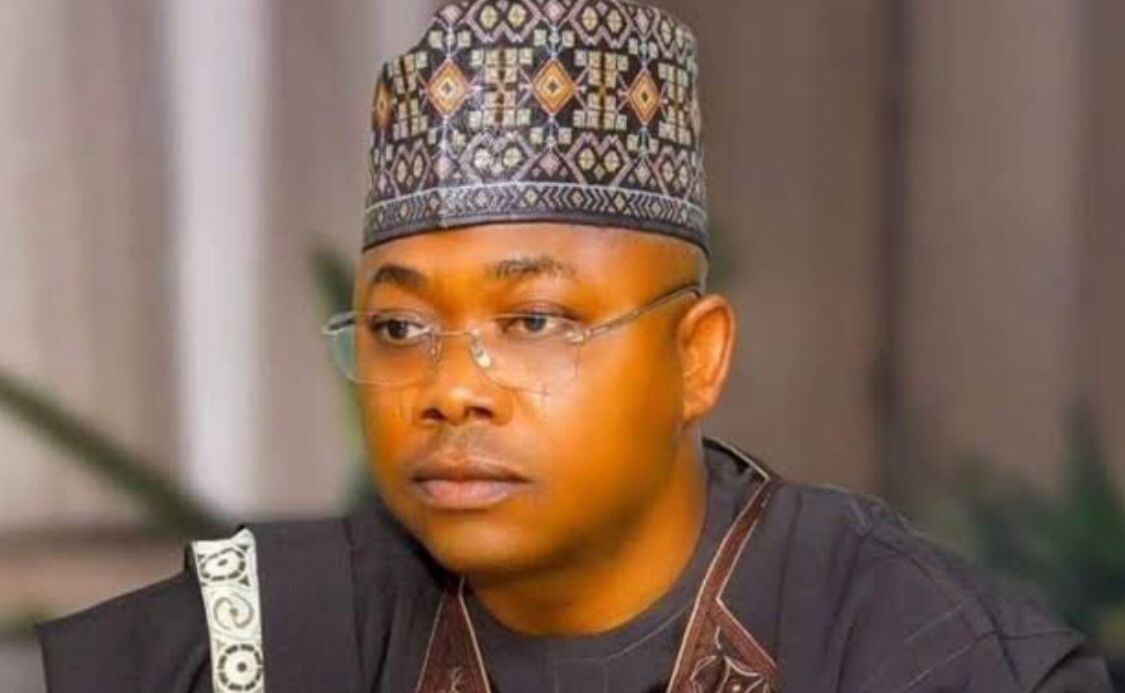
States
Gov. Ododo warns against breach of peace
My administration will no doubt resist any attempt to instigate violent protests in any part of the state under any guise








